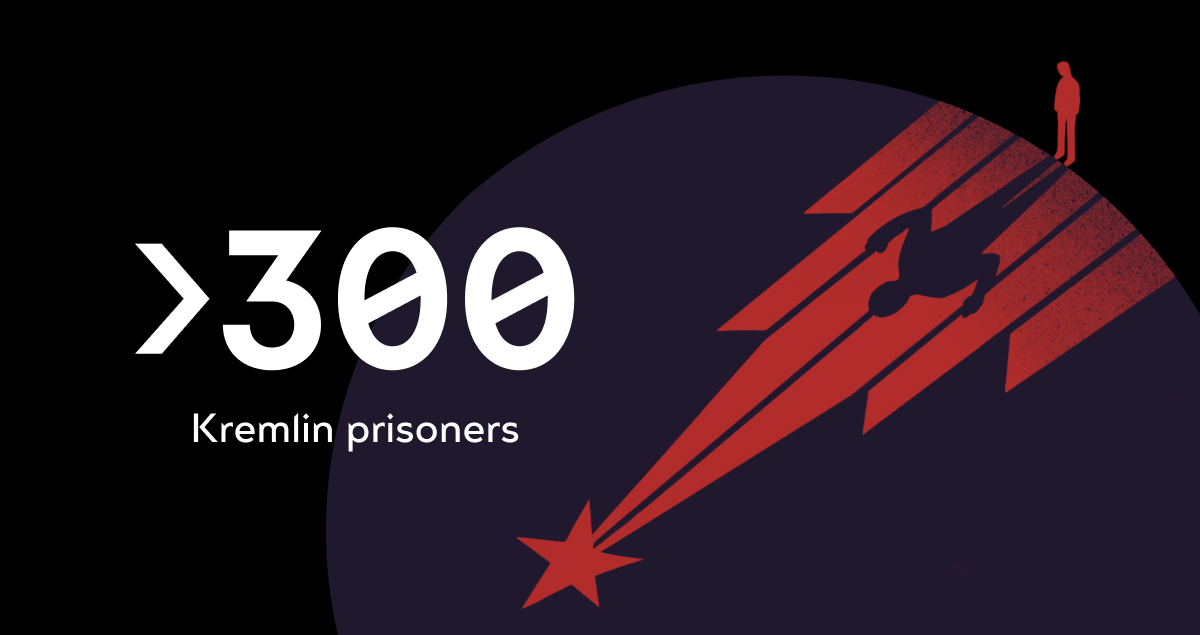Kremlin prisoners: how Russia persecuted Ukrainian citizens January 12-19 digest

1. On January 12, a Russian court delivered a "verdict" in the case of imam Raif Fevziev: 17 years in prison — Crimean Solidarity.
The Southern District Military Court considered the "testimony of a secret witness" who accused Fevziev of planning to carry out a coup d'etat. The defence interrogated the "witness" and concluded that this person had knowledge of the law and spoke in clichés from the legal framework.
The FSS also used against Fevziev a recording of his conversation about Islam.
"Murderers are not given such terms. Yet, today, for a 70-minute conversation about Islam, they gave 17 years," - says lawyer Edem Semedliayev.
2. Russian law enforcement officers refuse to provide medical aid to illegally detained Dzhemil Gafarov — Crimean Solidarity
Russians are prosecuting Gafarov in the case of the so-called "second Simferopol group of Hizb ut-Tahrir"
On January 11, the Russian court issued a "verdict" in this case: four Crimean Tatars, including Gafarov, were sentenced to 13 years in prison.
Since then, Gafarov's condition has worsened, but he is not provided with help.
Dzhemil Gafarov turned 60 in the pre-trial detention center. Even before the abduction, he had kidney failure and heart problems caused by it. During his illegal detention, in the absence of medical care, his illnesses worsened.
3. On January 12, Kremlin prisoner Bohdan Ziza addressed the President of Ukraine with a request for an exchange.
His letter came out on the Save Bohdan Ziza page on Instagram.
On May 16, 2022, he poured yellow and blue paint on the building of the temporary occupation administration of Yevpatoria and threw a bottle of Molotov cocktail at the administration.
Since then, he has been illegally detained by Russian security forces. They have charged him with "suspicion" of terrorism.
In a letter to Zelenskyy, he notes that prisoners of war should always be the first to be exchanged. However, Ziza urges the president not to forget about the Kremlin's prisoners.
4. Russian security forces want to imprison Kremlin prisoner Amet Suleimanov — the Association of Relatives of Political Prisoners of the Kremlin.
In 2021, a Russian court in Rostov-on-Don sentenced a Crimean Solidarity journalist to 12 years in prison.
Suleymanov has a dangerous heart condition, which is why he was under house arrest during the investigation, not in a pre-trial detention centre.
The appeal of the Rostov court decision was to be considered on January 16, but the hearing was postponed to February 1.
5. On January 17, the "court" extended the term of illegal detention of Oleksii Kiseliov for two months — the Crimean Process project.
Kiseliov served in the Ukrainian Navy in the nineties and later retired. After the temporary occupation of Crimea, he left the peninsula and lived in Henichesk.
On February 24, 2022, the city was seized. Kiseliov did not have time to leave. On July 22, the Russians kidnapped him. The man was tortured and forced to slander himself. Since then, he has been held in Simferopol.
Russian security forces "suspect" Kiseliov of being a member of the Crimean Tatar Noman Çelebicihan Battalion and organising a "naval blockade" of the peninsula.
6. On January 17, it became known that a Russian court extended the imprisonment of Kremlin prisoner Oleh Prykhodko for one month, allegedly because he had insulted FSS officers — Graty.
The decision was made back in the spring but has remained unknown to the public until now.
In 2021, a Russian court sentenced Prykhodko to 5 years in prison on trumped-up charges of planning to blow up the temporary occupation administration of Saky.
7. On January 17, the so-called "court" in the temporarily occupied Crimea refused to cancel the "verdict" in the case of Oleksandr Tarapon - the Mission of the President of Ukraine in the Autonomous Republic of Crimea.
The Kremlin's prisoner posted leaflets in the village where his wife's relative, a Russian military man, lived. The leaflets read, "A war criminal, a child killer lives here".


